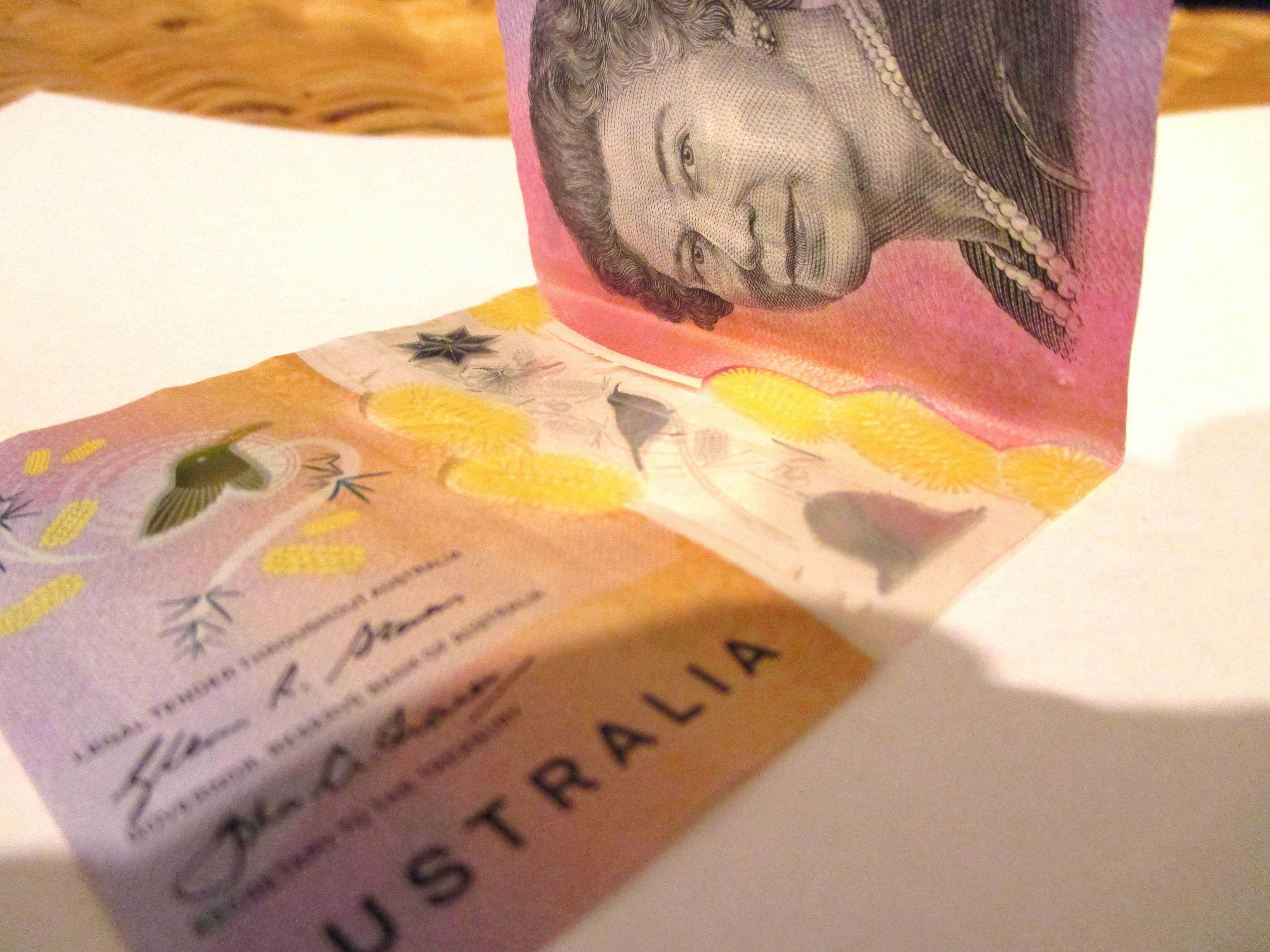
My wife and I recently lodged at a hotel for a couple of nights. The idea was to get away from the house, splurge a bit, and just pause on that adulting routine. It was also my birthday weekend, so hey.
At the hotel, we encountered a masterclass in customer service. For my part, I expected great service – we had lodged in the same hotel before and knew they were good – but I didn’t expect to be writing about it.
The Back Story
Shortly after check-in, we had an opportunity to upgrade our stay. We jumped at it, lugged our articles to the new space and got settled. Fast forward a couple of hours and we realised a TV in the room was not working. After some back and forth on whether it was worth the effort, we decided to make the call. We were paying customers, and we wanted a service that met our expectations.
A short call to the concierge later, we had someone coming up to our room. The gentleman who showed up displayed service at its finest. Let’s call him Deon. His exquisite mannerisms and etiquette elevated our experience. He tinkered for a while and eventually explained – in between profuse apologies – that this was a software issue and his domain is more in the hardware space. He would further disclose how this was a rare but familiar problem occurring in a small number of rooms, and promised to inform the right team. He thanked us for our understanding and reaffirmed that he’ll be referring the matter. Eager to demonstrate our appreciation for his efforts, we also thanked him for his service. Deon extended a handshake on his way out, a bold goodwill gesture reserved for settings of shared confidence and trust.
We certainly felt heard by this point. We couldn’t have cared less about a TV set that wouldn’t work for whatever reason. There was a second unit that worked just fine. But what happened next took the service experience up a few notches for us.
Deon returned a short while later to confirm that he had referred the matter as promised. In a subsequent visit, he also shared some additional information to help us source TV channels that would normally be available through a paid service. Because our main interest was in using our Netflix and Amazon Prime subscriptions, we didn’t realise this was an option. It was good information.
To be sure, the service level at this hotel – as noted – was characteristically exquisite. Even in that context, this was above and beyond. Touched by the experience, I found myself reflecting on it a bit. And I landed on an invaluable insight. An epiphany, if you will.
The Insight
I learnt that customers simply want to be treated fairly. Let’s unpack this idea.
Organisations do their best to get customer service right, often putting vast resources towards it. The failures are regrettable, and the wins, remarkable. But for the most part, I’d say they’re hitting the right notes.
The expectation from both ends is that service levels are good enough. However, customers and organisations tend to have different ideas of what this means. Organisations hold themselves to a legal contract, whereas customers hold organisations to a social contract. For the most part, these are the same, but problems have a way of teasing out the differences between them.
When I called the concierge to raise the concern about the TV not working, I was not interested in the TV per se. I wanted the hotel facility to do the right thing by me. I care about this, and I imagine you do too. But, you’ll never see these words on a legal contract.
Deon showed exceptional maturity in dealing with the situation. He knew it was not a matter of legality, but fairness. When it became apparent that we had an advocate in him, we didn’t need to keep advocating for ourselves. His efforts were more than sufficient to redress our unspoken concerns. He acknowledged the issue and offered value-adding options. These outcomes don’t occur by accident but are products of intentional design. Here’s How.
The Enabling Culture
Whenever an issue is acknowledged, it releases the customer to stop advocating for themselves. They instantly feel heard. Acknowledging a concern is a bold gesture in itself, and it doesn’t come easily. That’s because nobody wants to be stuck with a concern they’ve acknowledged but cannot address. This is where the right support proves its value. Fundamentally, the culture determines whether the service agent perceives the matter as “mine individually” or “ours corporately,” and acts accordingly.
Some issues require service agents to reach out to a different person or team. Once again, culture plays a key role in whether this is feasible. In a hostile culture, the buck gets passed a lot, and merely anticipating such collaborative effort can be prohibitive. Contrast this with a culture that takes a bold and unapologetic stance on customer service
Perhaps one of the most celebrated customer-centric brands is that of The Ritz-Carlton Luxury Hotel group. They are lauded for giving their Ladies and Gentlemen – as they refer to employees – discretion to authorise spends of up to $2,000 to resolve customer concerns. This applies to employees at all levels and the spending does not require managerial approval. Imagine the confidence with which a Lady or Gentleman would serve you, knowing they had the full backing of their employer. This is empowering customer service, and Ritz-Carlton proves there’s a strong business case for it.
To be clear, we didn’t stay at the Ritz (all in good time). That notwithstanding, Deon is a true Gentleman.
Final Thoughts
It’s always fascinating to see how much we invest in research and data analytics, only to learn what we could have reasoned through common sense. Of course, research and data have their use. But when it comes to customer service, the internal compass is easily a more robust guide. It teaches us that people want service with humanness and dignity. They want to be seen as individuals, not numbers on a screen. And they certainly want to feel belonging.
These fundamentals are not unthinkable. Quite the opposite. They capture the very essence of humanity. And organisations that go the extra mile to honour and validate something of that shared essence, will continue to win hearts and the wallets that accompany them.



